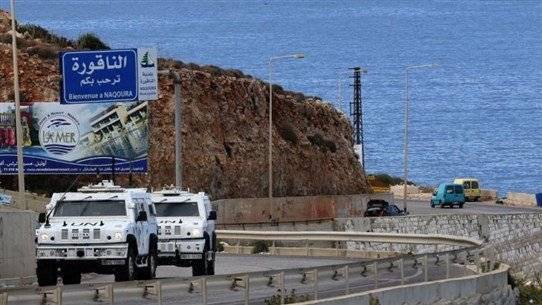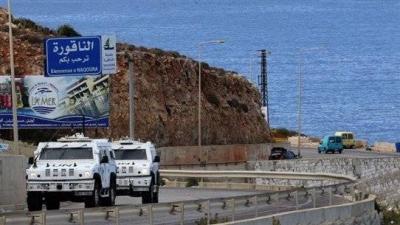The last few days have brought encouraging signs regarding the maritime border demarcation issue between Lebanon and Israel. Yesterday, the U.S. State Department announced that U.S. mediator Amos Hochstein held negotiations last week with relevant parties in Israel, stating, "The talks were productive and made progress toward bridging the gaps between the two sides." The State Department confirmed, "The United States will continue to communicate with the concerned parties in the coming days and weeks." In a comment, Deputy Speaker of Parliament Elias Bou Saab stated today that "the U.S. State Department's statement is positive, and we appreciate the U.S. administration's commitment to communication in the coming days, which we hope will lead to the resumption of indirect negotiations in Naqoura."
Meanwhile, following a period of escalation and threats exchanged between Hezbollah and the Israeli army, it appears that a "rational" discourse and logic of resolution have returned to dominate both sides. In Tel Aviv, the Israeli Energy Ministry confirmed after a meeting between Israeli negotiators and Hochstein via video conference last weekend that they are working to find a "solution to the issue in the near future." The ministry elaborated that the meeting included discussions on "constructive approaches to proceed with negotiations" in light of the developments shared by Hochstein following his recent visit to Lebanon.
According to informed diplomatic sources for "Al-Markazia," Israel seeks to reach an agreement with Lebanon regarding the demarcation so that both sides can "explore peacefully" in the sea, away from any tense atmosphere. However, the sources reveal that Tel Aviv will not quickly acquiesce to what Beirut wants and will aim in the coming days to raise its demands in hopes that Lebanon will retract some of its conditions. According to the information, Israel does not favor Lebanon's negotiating position based on line 23 while obtaining the entire Qana field in exchange for Tel Aviv receiving the Karish field. They have conveyed to the U.S. mediator, according to the sources, that they prefer the line drawn by Hochstein to remain as it is, i.e., jagged, which would leave Tel Aviv with a larger share than it would receive if a "straight" line, as Lebanon desires, were adopted.
On the other hand, Lebanon appears to be holding firm to the response it provided to Hochstein, and any concession from its side seems unlikely unless political factors emerge regarding the issue, and the considerations and interests of certain factions and individuals with Washington come into play at the last minute, prompting them to sacrifice Lebanon's rights and undermine them. However, if Lebanon insists on its position, the sources believe Israel will retreat and agree to return to the negotiating table in Naqoura under the auspices of the United Nations to resume talks between Tel Aviv and Beirut with U.S. supervision. It is likely that the option to reach an agreement between the two sides is plausible, as all three parties—Israel, Lebanon, and the United States—have an economic, financial, and military interest in it, and this understanding will further help Lebanon secure American assistance, particularly in the electricity sector.




